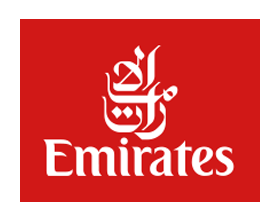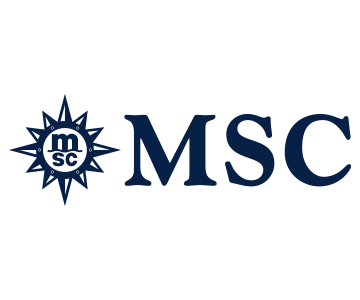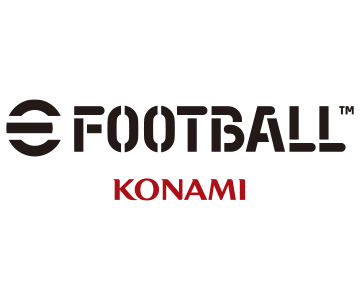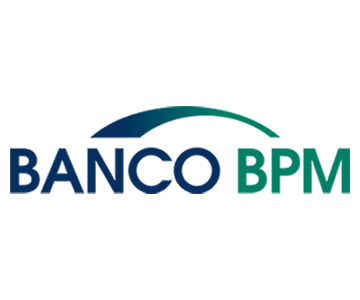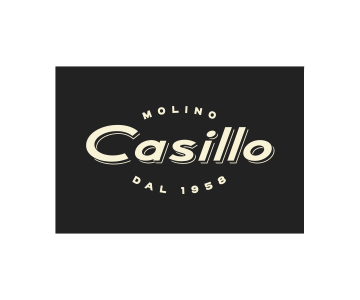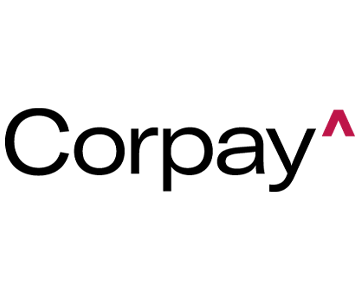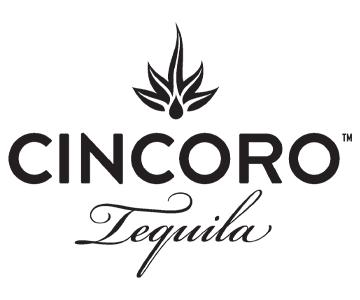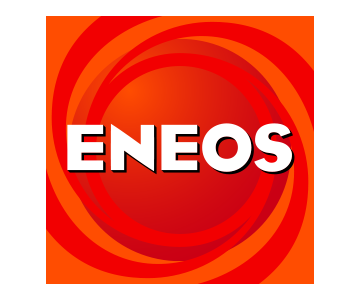HISTORY
From 1899 to the present: a history of triumphs and passion. This is AC Milan
“We will be a team of devils. Our colours will be red like fire and black to invoke fear in our opponents!” These were the words that Herbert Kilpin used as he founded AC Milan on 16 December 1899. Just a year and a half later, the Rossoneri became the champions of Italy for the first time after beating Genoa 3-0 at Ponte Carrega on 5 May 1901.
The first celebration took place at AC Milan's first headquarters, the Fiaschetteria Toscana on Via Berchet in Milan, in 1899. Words, places and dates that gave rise to the Rossoneri’s glorious history. This is a Club that has contributed hugely to the world of football, so much so that AC Milan held the most international titles recognised by FIFA from December 2007 to February 2014.
The Rossoneri’s history is now the stuff of legend, as are the men who have helped to write it – be they presidents, coaches or footballers. There have been so many historic figures, from the Englishman Alfred Edwards, under whom the Club won its first league title, and Andrea Rizzoli, the first President of AC Milan and an Italian team to win the European Cup in 1963 at Wembley, through to Silvio Berlusconi, the President who had the most success in Italy, Europe and throughout the world.
It is also possible to recognise a great club through its playing culture in particular, by the style it promotes, by the way it carries itself, by the innovative drive given to it by its leaders. It’s no coincidence that various Rossoneri victories over various eras and different decades have brought about new visions about how football should be played. And those sitting on the AC Milan bench have been key to this: the greatest coaches of Italian football have all taken charge of the Rossoneri. Gipo Viani, Nereo Rocco and Nils Liedholm paved the way for Arrigo Sacchi, Fabio Capello and Carlo Ancelotti, the latter trio inheriting incredible legacies while looking to play a modern, spectacular brand of football.
During the historic years under Berlusconi's presidency, Arrigo Sacchi was hugely successful and innovated not only thanks to great players, but also thanks to what could be considered as an extra man: the Game he played. Fabio Capello then took over, providing continuity as the winning culture continued. Under Sacchi, AC Milan won one Scudetto, two European Cups, two European Super Cups and two Intercontinental Cups, winning all the international finals they were involved in. And it was that extra man, the Game, that brought the best out of individuals and led to three Rossoneri players occupying the top three places in the Ballon d’Or in 1988 (Van Basten, Gullit and Rijkaard) and 1989 (Van Basten, Baresi and Rijkaard).
Under Capello, AC Milan were the dominant team in Italy, winning four Scudetti in five seasons. However, success wasn't just limited to what they did at home, the team also remained a force to be reckoned with in Europe. The Rossoneri made it to three consecutive Champions League finals between 1993 and 1995, with the 1994 success in Athens against Barcelona being voted as the ‘Match of the Century' by AC Milan fans in the Club’s Centenary referendum. Such was the strength of the Rossoneri with Don Fabio at the helm, the team went 58 games unbeaten between May 1991 and March 1993, while Sebastiano Rossi went 929 minutes without conceding a goal during the 1993/94 season. Furthermore, the Diavolo won three league titles between 1992 and 1994 without being given a single penalty.
Following Capello’s tenure, and after the Scudetto title won by Alberto Zaccheroni in his first season at the Club and Fatih Terim’s brief spell, the mantle was passed on to Carlo Ancelotti, with the Italian looking to emulate the success of the "Immortals" (of Arrigo Sacchi), of which he was a part, and the "Invincibles" of Fabio Capello. With King Carlo at the helm, more space had to be cleared in the Rossoneri’s trophy cabinet. In five seasons, Ancelotti won two Champions League titles, also reaching the final, semi-finals and quarter-finals in three other European campaigns.
In the 2009/10 season, Coach Ancelotti was replaced by Leonardo. He remained AC Milan Coach for a year after having spent 13 years at the Club, initially as a player, then as a director as part of AC Milan's charity Fondazione Milan and also the technical sector. After Leonardo came Massimiliano Allegri, who had a fantastic team at his disposal for the 2010/11 season thanks to Ibrahimovic, Robinho and Boateng joining the Club in August 2010 and further reinforcements being added in January 2011. Under Coach Allegri, AC Milan won their 18th Scudetto and sixth Supercoppa Italiana, the latter of which was won against Inter in August 2011 at the Bird’s Nest in Beijing. After a further two and a half seasons, during which AC Milan finished second and third in Serie A, Clarence Seedorf took over the managerial hot-seat, another man who had previously shone in the Rossoneri shirt. Under Seedorf’s guidance, AC Milan picked up 35 points over the course of the second half of the 2013-2014 season.
After previously scoring in all three of the Rossoneri’s 2007 finals against Liverpool, Sevilla and Boca Juniors, Filippo Inzaghi took charge of the First Team in 2014/15. Prior to this, he'd led the Primavera to Viareggio Cup success in February 2014. As for 2015/16, Sinisa Mihajlovic started the season in charge and guided the team to the Coppa Italia final before Cristian Brocchi was promoted from the Primavera to replace him by the end of the season.
Come 2016/17, the Club's hierarchy once again wanted to turn the page, duly appointing Vincenzo Montella as the Rossoneri's new Coach. He subsequently guided the Rossoneri to Supercoppa Italiana success against Juventus on 23 December 2016 as Milan beat Juventus on penalties in Doha. Rino Gattuso was the next man to take the reins on 27 November 2017 – already a Rossoneri icon after winning 10 trophies with AC Milan from 2002 to 2011 (five in Italy and five on the international stage). The former Rossoneri midfielder guided the club to the Coppa Italia final and also ensured qualification to the Europa League on two separate occasions.
The relationship between Gattuso and Casa Milan – which became the Rossoneri's new Headquarters at the start of the 2013/14 campaign – ended mutually in May 2019. From that moment on, the choice for the new Head Coach, guided by the sporting management represented by Zvonimir Boban and Paolo Maldini, was Marco Giampolo. His first game in the dugout for the Rossoneri came in the International Champions Cup during the summer of 2019, the season in which the Club celebrated its 120th anniversary. Our league campaign then got off to a slow start, and after three consecutive defeats to Inter, Torino and Fiorentina as well as a struggle to implement his new footballing philosophy, Marco Giampaolo left the Club.
Stefano Pioli took over in his stead and did an excellent job in reforging the group and giving it a clear identity. Starting in June 2020, following the lockdown caused by the Covid-19 pandemic, the Rossoneri put together an important winning streak and managed to beat almost every opponent. The 2020/21 season was a rebirth for the Club, with the team performing extremely well in the league. AC Milan finished second on 79 points, having won 24 matches and qualified for the Champions League for the first time in seven years. The high point of 2021/22 was winning Serie A, the perfect prize for an ambitious project. First place, 86 points, 26 wins and 69 goals scored are just some of the numbers that contributed to AC Milan winning their 19th Scudetto. In 2022/23, despite being unable to retain the Scudetto, the Rossoneri continued to make strides forward, reaching the Champions League semi-finals for the first time in 16 years.
2023/24 ended with a second-place finish in the league, earning qualification to the Champions League and also the Supercoppa Italiana. The European campaign started off in the Champions League but, after finishing third in the group stages behind PSG and Borussia Dortmund, carried on in the Europa League, getting knocked out in the quarter-finals against Roma. At the end of the season, the Club and Stefano Pioli parted ways. On 13 June 2024, Paulo Fonseca was announced as the new head coach, the first Portuguese to be in the Rossoneri hotseat. The former Lille Coach's adventure only lasted a few months. On 30 December 2024, Sergio Conceição began his AC Milan adventure.
The arrival of our new Portuguese coach coincides with the victory of our eighth Supercoppa Italiana in history: in Riyadh, the Rossoneri came from behind to defeat Juve in the Semifinal and Inter (3-2) in the Final.













